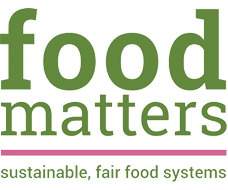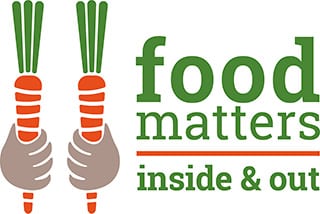The Health at Every Size principles are as follows:
Weight Inclusivity. Accept and respect the diversity of body shapes and sizes and reject the idealising or pathologising of specific weights.
Health Enhancement. Support policies that improve and equalise access to information and services, and personal practices that improve human well-being, including attention to physical, economic, social, spiritual, emotional and other needs.
Respectful Care. Acknowledge our biases, and work to end weight discrimination, weight stigma and weight bias. Provide information and services from an understanding that socioeconomic status, race, gender, sexual orientation, age, and other identities impact weight stigma, and support environments that address these inequities.
Eating for Well-Being. Promoting flexible, individualised eating based on hunger, satiety, nutritional needs and pleasure, than any externally regulated eating plan focused on weight control.
We do also take into account the landscapes in which we work, especially in the criminal justice system where choices around food are much more limited. We acknowledge the limitations of an approach that promotes individualised and flexible eating within settings where choice is limited, but still seek to promote an individual understanding and relationship to hunger, satiety, nutritional needs, and pleasure.






